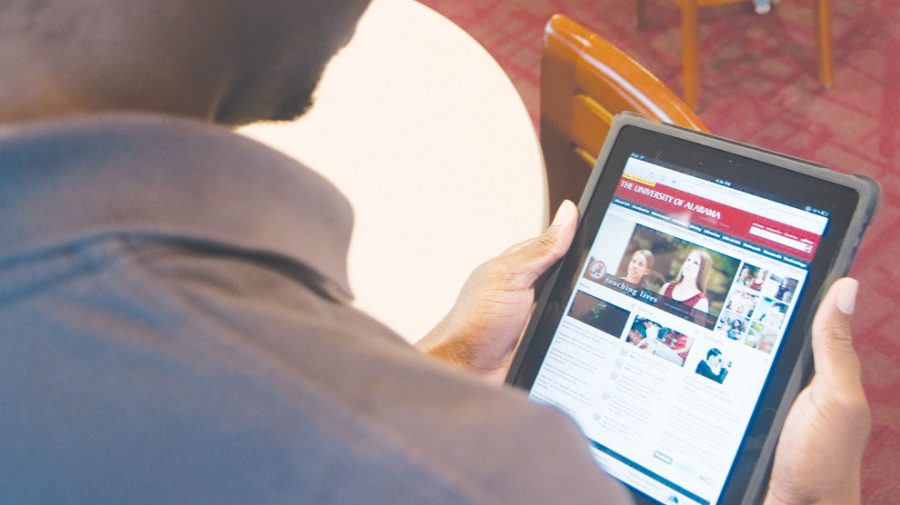Recipients of iPads who work in the College of Arts and Sciences intend to integrate tablet computers into their teaching and research, said Rebecca Florence, director of college relations for the College of Arts and Sciences.
“Technology is central to how we learn and how we communicate,” Florence said. “This is an initiative to allow faculty to experiment with how tablet computers can help improve and expand their teaching.”
Florence said in an e-mailed statement that a pilot program during the fall semester awarded iPads to faculty in various departments of the college, among them history, mathematics, psychology and political science. A second pilot program during the spring semester awarded iPads to 80 faculty members in the English department.
Additional pilot programs will be instituted during this semester, Florence said.
Lucy Curzon, assistant professor of modern and contemporary art history, said in an e-mailed statement that she submitted a proposal to the college outlining her beliefs that iPads can facilitate active learning.
The use of iPads would encourage students to collaborate and teach each other rather than submitting to the traditional transfer of knowledge from professor to student in order to learn, Curzon said.
“Tablet computers, particularly because of their portability and their capacity as platforms for software and web 2.0 applications, are thus an ideal arena for fulfilling this goal,” she said. “[T]hese devices can put to use skills that students already understand to be productive modes of work and knowledge dispersal, and that are explicitly related to success in the world outside college classrooms.”
Curzon said the pilot programs began out of the belief that tablet computers will become mainstays in the academic setting
John Giggie, associate professor of history, said he uses an iPad to deliver his Microsoft PowerPoint presentations with an application called “MightyMeeting” that allows students to view the slides on their tablet computers or smartphones.
He said the use of iPads will begin to change the way professors envision and conduct lectures so that the “sage on the stage” approach of a professor dictating knowledge to students will be replaced with a collaborative method of teaching.
“Professors want to move away from that to ways in which knowledge becomes a collective endeavor,” he said. “Professors are excited to experiment with technology through the iPad.”
Robert Olin, dean of the College of Arts and Sciences, said he encourages the synthesis of iPads and scholarship.
“With the tablet computing initiative, we want to develop or identify early adopters of this technology, to ‘plant the seeds’ of innovation and, eventually, mainstream this and future technologies into our school and teaching,” he said in an e-mailed statement.
Florence said the University has secured a standing bid contract with Apple for the iPads and made the purchase through the Apple Store in the University Supply Store.
She said the College has not yet instituted a program to disperse iPads to students in the form of a loan of University property as it has done for professors.









